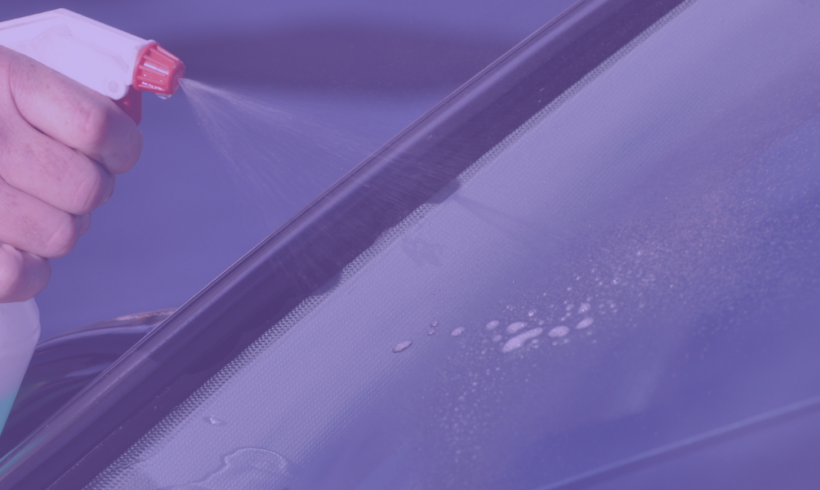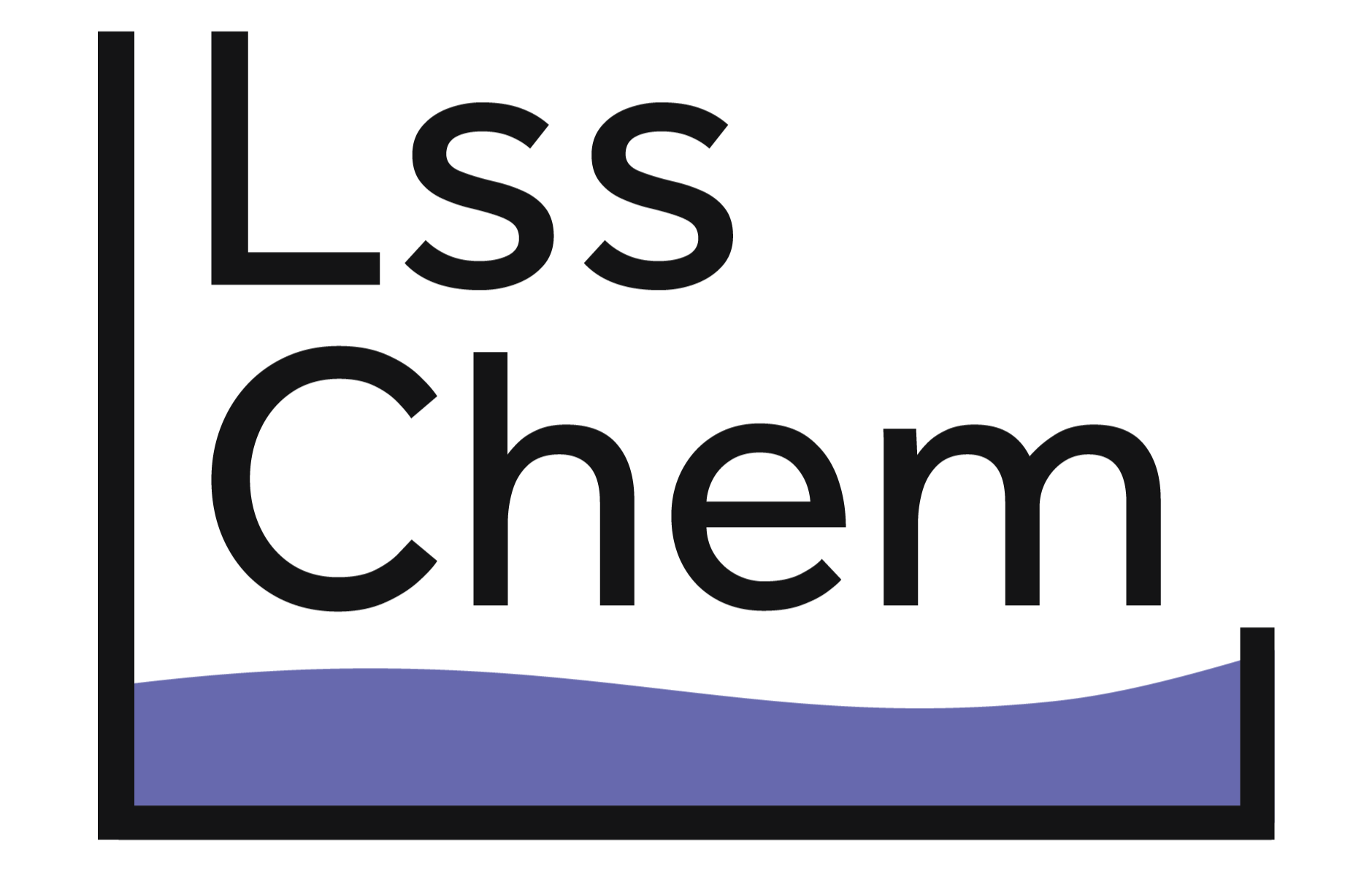Every company uses some kind of chemical(s) in their daily operations. Whether it’s a cleaning solution or bulk industrial-grade chemicals, it’s important that the handlers...
Author archive for: ecolink

Why is TCE being Regulated?
One of the intriguing properties of Trichloroethylene (or TCE) is that its smell is similar to a sweet, fruity smell. The dangerous drug known as...

TCE Environmental Impacts
Trichloroethylene (TCE) is a chemical compound that is highly reactive and can cause harm to the environment and human health. To learn more about TCE’s...

Environmental Trichloroethylene Alternative
Are there environmentally-friendly alternatives to trichloroethylene (also known as TCE)? Yes! In fact, alternatives also tend to be cheaper to use. We can provide you...

Are Dry Cleaning Chemicals Toxic?
Are dry cleaning chemicals toxic? The answer depends on which chemicals you use. Trichloroethylene (TCE) and perchloroethylene (PCE) are two incredibly toxic chemicals commonly used...

Uses of Residue Free Solvents
What are residue free solvents? Residue free solvents are known for their ability to leave no residue behind on the surface they are applied to....

Types of Aviation Approved Degreasers
Aircraft degreasing is a unique process from other degreasing processes, mainly because of how quickly and efficiently degreasing of an aircraft must be done. There...

Benefits of Green Cleaning Solvents
In order for us to understand the benefits of green cleaning solvents, we first have to learn about its counterpart, traditional solvents. What are traditional...

Benefits of Non-Flammable Degreasers
The notable benefits of non-flammable degreasers include: Larger range of applications compared to flammable degreasers Safer to work with Increase protection of equipment The most...

Are Hydrofluoroethers Non-Flammable?
Yes! Hydrofluoroethers are non-flammable. Although they are considered non-flammable, they can be considered a low-flammability risk only when they contain a high fluorine to hydrogen...


